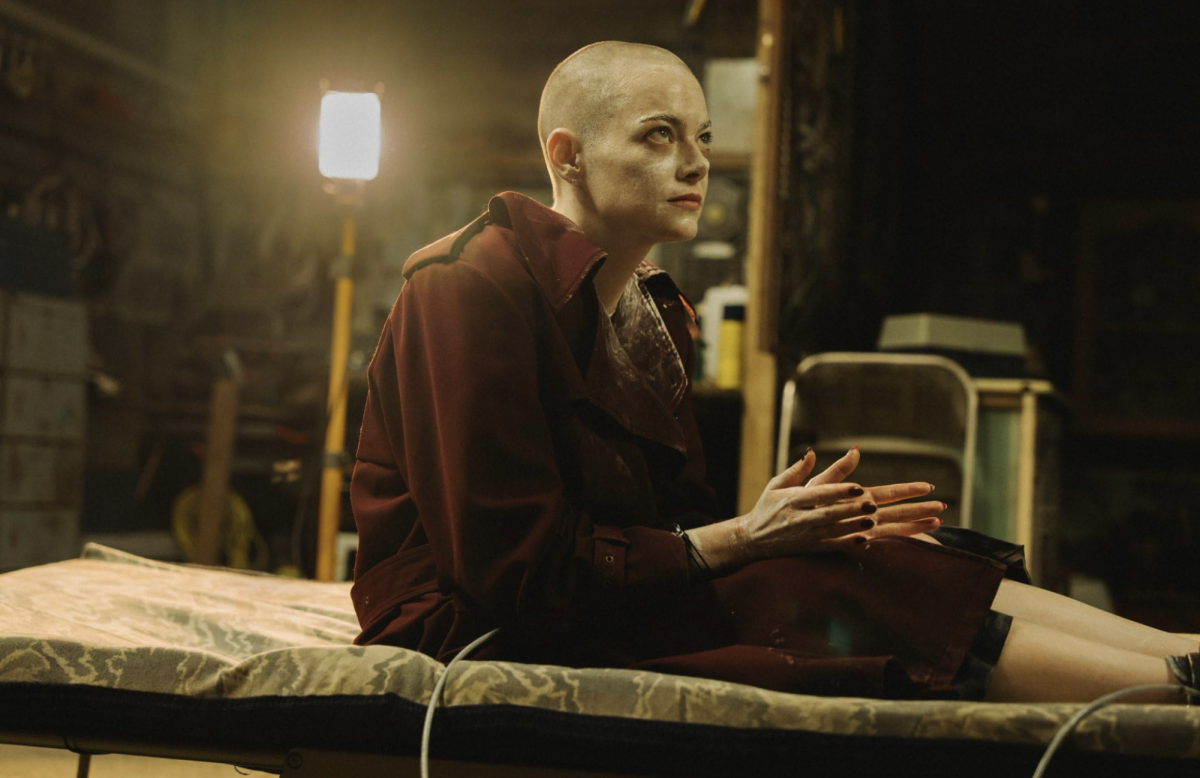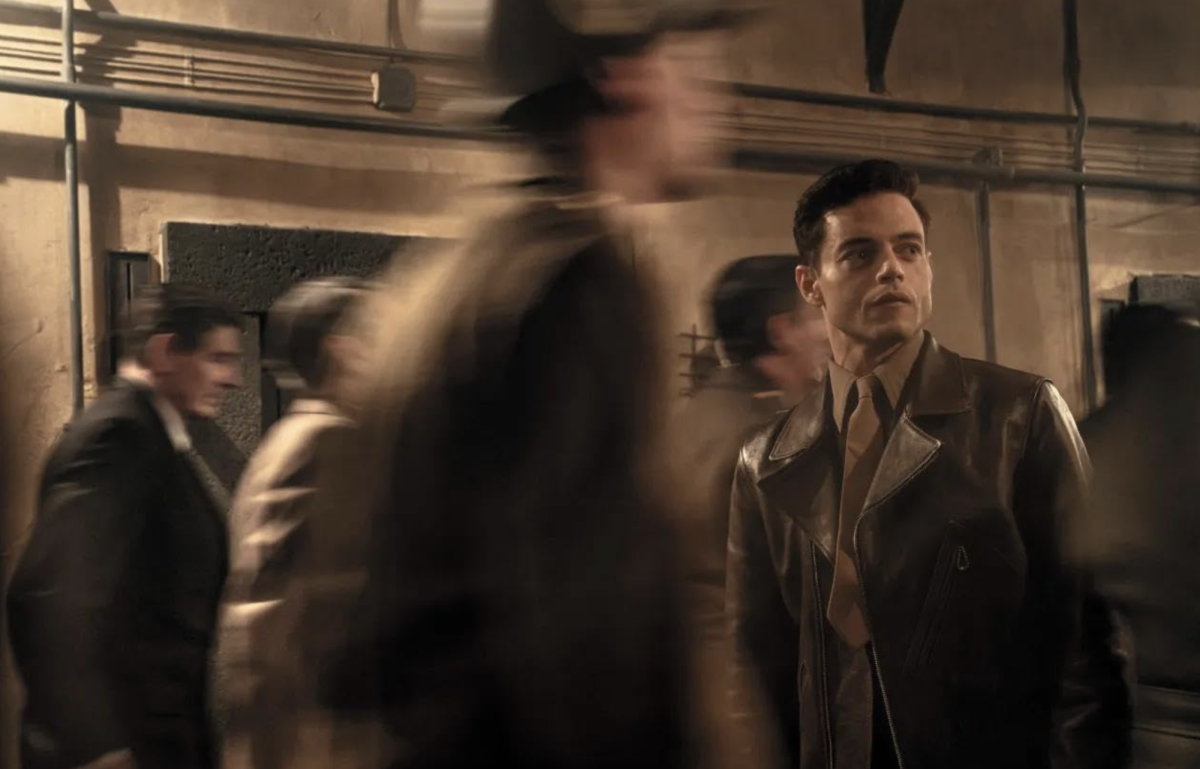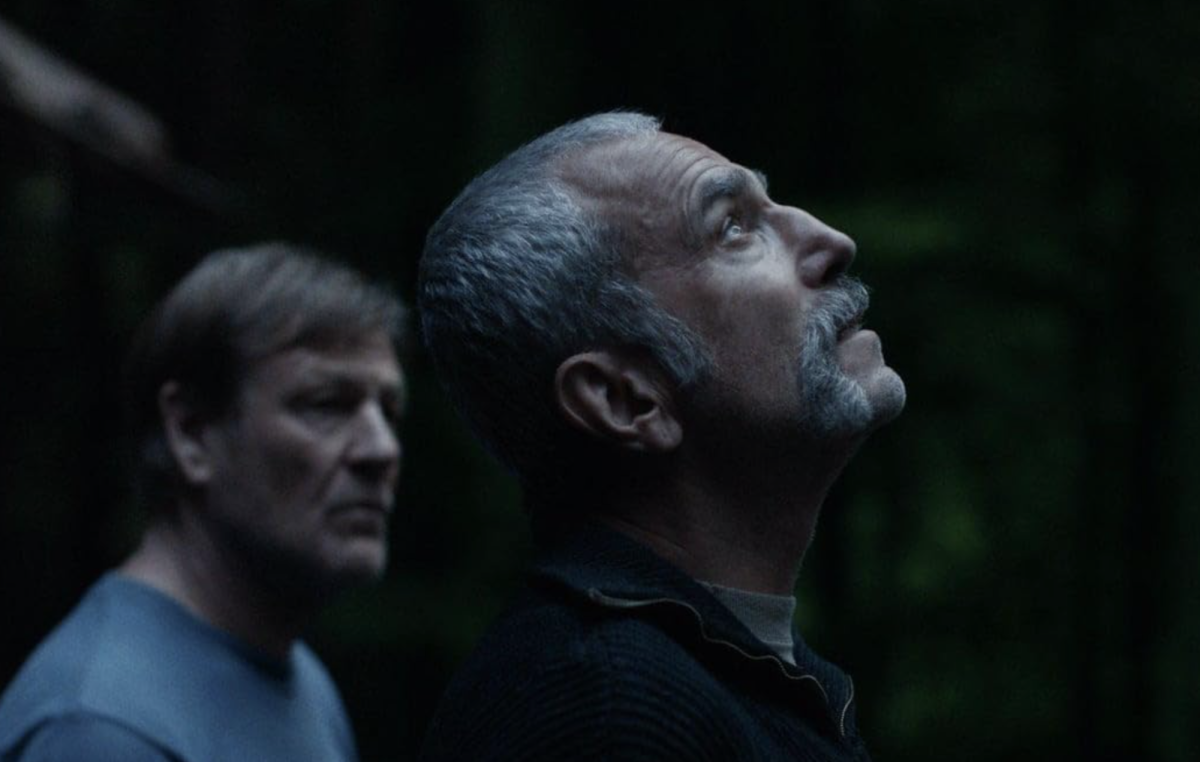
“Babygirl” is supposedly the sexiest film of the season. Marketed as a hot, steamy and tense romantic thriller to break apart the cold winter months, the film, starring Nicole Kidman, promises a story filled with drama and excitement. In actuality, “Babygirl” fails to deliver on plot, structure, drive and, perhaps most damningly, sexiness.
The pitch for “Babygirl” is one of an intense initial allure. The story follows Romy Mathis (Nicole Kidman), a high-powered businesswoman living a quintessentially-modern “girlboss” life: a lavish New York high-rise, a weekend home in the suburbs, a handsome, successful theatre director husband (Antonio Banderas) and two excitable, yet distinctive daughters (Esther Rose McGregor, Vaughan Reilly). Yet, something –– or someone –– is clearly missing.
The film opens with a sex scene between Romy and her husband, Jacob, in which Romy leaves the encounter clearly unsatisfied and visibly put off. She has everything, yet she cannot seem to find fulfillment in this aesthetically picture-perfect life. Romy is confused and disoriented as a woman and person, which the film reflects in its unsettling close-up shots mixed with rapid, tracking movement as it begins to follow her daily routine at home and in the office.
Enter Samuel (Harris Dickinson), a fresh intern at Romy’s company who immediately disarms her veneer of composure by asking off-putting questions (and generally existing as a hot, younger man in her vicinity, as her longing gazes suggest). The two begin a relationship after initiation from Samuel, as he seems to cut to the core of Romy’s desires –– being, in basic terms, to be told what to do. The movie follows the two’s dynamic –– and its consequences –– attempting to explore Romy’s psyche as she allows someone else to literally and figuratively take the reins of her life.
However, the film’s attempt to tackle the themes of power, sexuality and self-fulfillment, unfortunately, falls flat. Directionally, “Babygirl” is confused, seemingly unsure of the purpose it seeks to fulfill. Is this a romantic drama? A psychological thriller? Even a comedy of errors? Certain elements of each genre are highlighted throughout the film –– not in a way that blends the characteristics, but instead leads to a jumbled mess of overall tone. This confusion conveys the tension the audience is meant to experience, witnessing the mess of Romy and Samuel’s relationship, but in a roundabout, deeply-unsettling way.
Furthermore, the characters of “Babygirl,” the supposed heart of this character-driven narrative, are both underdeveloped and underutilized. While Kidman does her typically-excellent acting job and carries the movie overall, nothing about her performance is particularly memorable, especially when contrasted with her total body of work. However, the main issue I take with the writing and performance is that of the main love interest, the alleged representation of both temptation and torment, Samuel.
Dickinson’s character is mysterious to the point of boredom, a trait that is unacceptable in a character that acts as an emotional and sexual core of the narrative. Is Samuel meant to be less of a real person and more of a manifestation of Romy’s darkest desires? Perhaps. However, the sheer extent of his undefined nature causes his character to lack intrigue or consistency. He is a self-assured, confident, domineering figure who holds power over an objectively more successful woman while also being a man-child who throws fits at the slightest sign of complication in the objectively-confusing interpersonal dynamics he initiated. This may lend to the character’s complexity in a different film, but “Babygirl” fails to utilize or explore this duality in a manner that adds a final, necessary, compelling element. Furthermore, while the chemistry between the two leads works to an extent, Dickinson’s work to capture an unassured man in over his head leads to a certain lack of charm that I simply cannot reckon with.
Despite the confusing structure, characterization and tone, “Babygirl” does contain several positives as a narrative. First, the use of sex is respectfully intentional. This is not a “Fifty Shades of Grey” situation, even if some of the sheer sexuality can lean gratuitous at times. The film attempts to explore subversive themes in a shockingly true-to-life manner; the lack of fulfillment in Romy’s life makes sense and is treated not as a frivolous longing but a real issue that leads to an unfortunate conclusion. Furthermore, the soundtrack is truly wonderful: a sensational mix of electric beats and gasping breaths captures what I can only assume to be the thesis of the plot –– as that is not made clear at any other point.
Overall, “Babygirl” attempts many themes –– tension, desire, stress, complexity –– but falls short on almost every aspect. With a nearly two-hour runtime, I simply cannot suggest this movie to anyone who wishes for a pleasant, or even sexy, movie-going experience. Please just rewatch “Challengers” instead.














